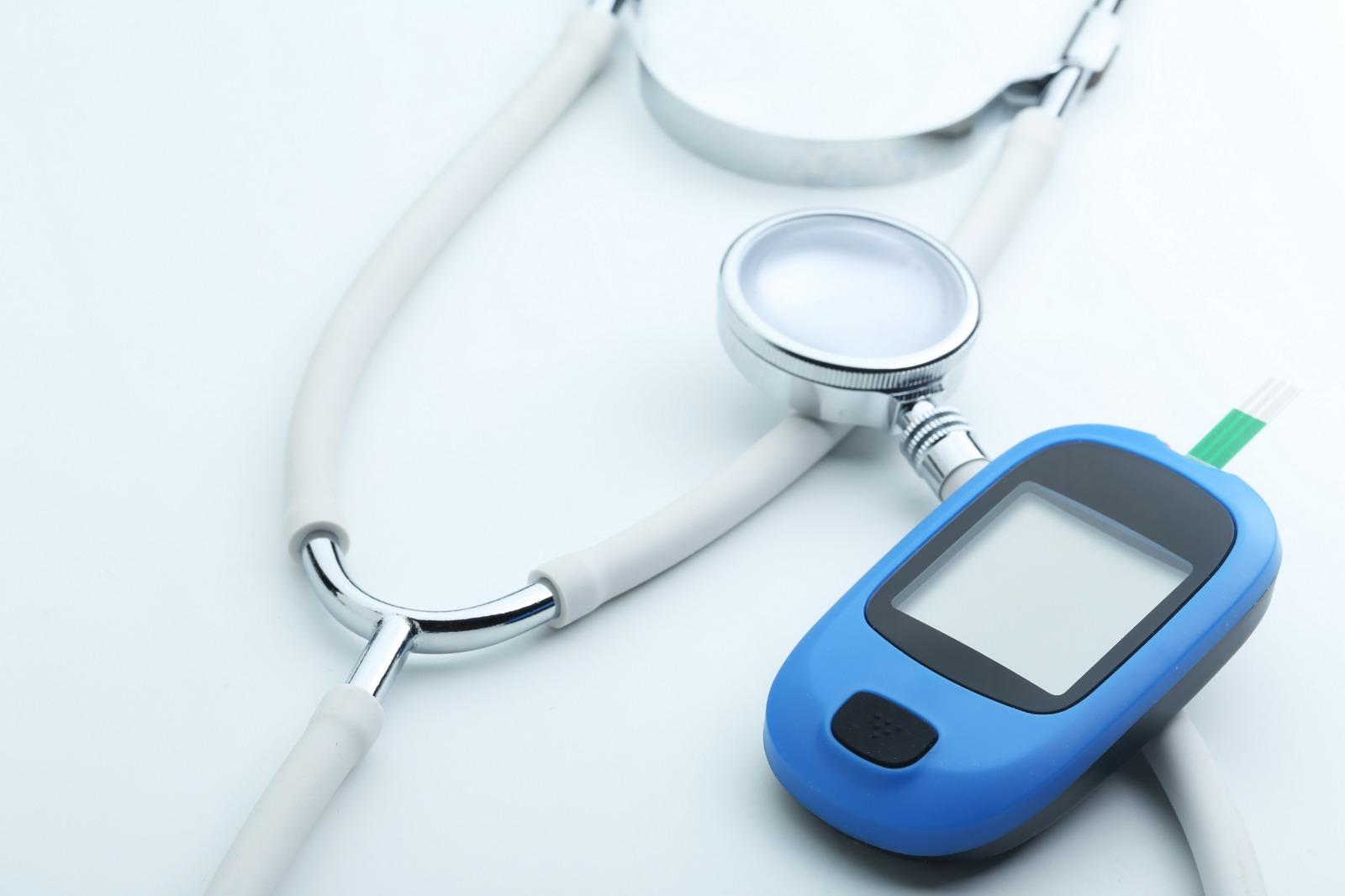
Diabetes negatively affects the body's natural sugar processing process by
converting all the nutrients we receive into sugar. By blocking the production
of the hormone insulin, which transmits sugar to cells that need sugar (Type
1), or destroying the body's response to the hormone insulin (Type 2), it leads
to high blood sugar and causes quite different problems in our body. It has
negative effects on eye health, nervous system, circulatory and excretory
system. Symptoms such as excessive thirst, frequent urination, weight loss, and
fatigue can indicate a problem with diabetes. When this condition progresses,
it can lead to loss of consciousness.
How is our oral and dental health affected by diabetes?
Diabetes negatively affects salivation by making the mouth dry. Given that
saliva acts as a natural protector for teeth, it can weaken our natural
defenses against inflammation and bleeding and our sense of taste. The healing
process of in-mouth wounds may be prolonged. High blood sugar levels cause
thickening and blockage of blood vessels. This, in turn, reduces the
oxygen-carrying capacity of the blood, preventing tissue nutrition and leading
to gingivitis and tooth loss. Besides pain and shaking, bleeding in the gums
and the smell of acetone in the mouth are common symptoms. Advanced gingivitis
can only heal with surgery.
Diabetes is a very suitable basis for periodontal diseases and can lead to
tooth, gum, and bone loss as a result. Along with the aging process, blood
sugar control in patients with diabetes is also weakened, the likelihood of
risk increases even more.
So, what should diabetes patients do to take care of oral and dental
health?
As with all issues related to oral and dental health, dentist checks are
the most important thing. Diagnosis and precautions to be taken at the
beginning of the process will provide you with the greatest help in preventing
possible diseases. In addition, detailed cleaning procedures that your dentist
will perform will also help lower your blood sugar level. This, in turn, is an
effect that strengthens your control over diabetes. At this point, patients
with diabetes should have their fasting blood sugar levels measured the day
before treatment and shared with their dentists. Increases in blood sugar
levels delay wound healing, compound inflammation.
Besides these, it will give you an advantage in some simple measures that
you can take.
Check your blood sugar levels regularly and pay attention to regular
medication use. Pay attention to a balanced and healthy diet and exercise. The
better you control your blood sugar, the more likely you are to prevent
cottonmouth and prevent possible infections.
Apart from these, regular brushing and flossing, avoiding tobacco derivatives
will make a lot of sense for you.



.png)